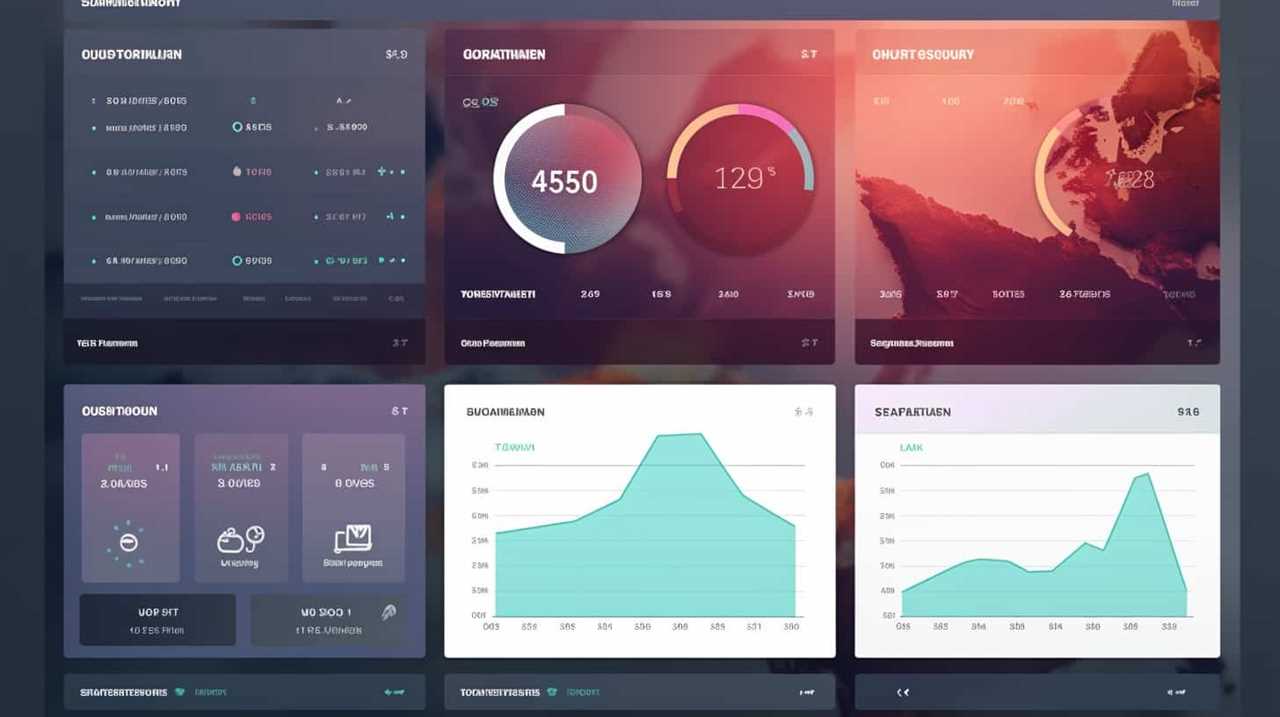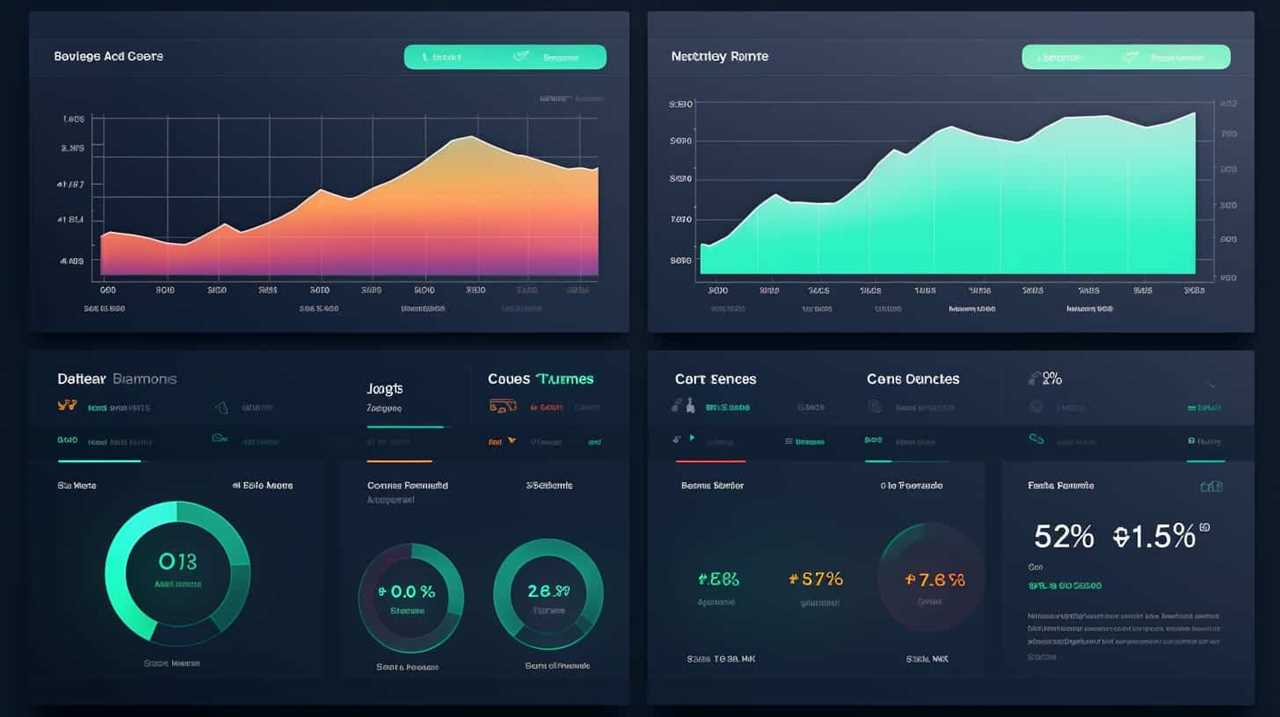Have you ever wondered what technical SEO really means and why it’s important? Let us break it down for you.
In this article, we’ll explore the basics of technical SEO, discuss its significance, delve into its key components, and provide you with the best practices to achieve success.
So, if you’re looking to master the art of technical SEO and boost your website’s performance, you’ve come to the right place. Let’s get started!
Key Takeaways
- Technical SEO focuses on backend aspects that affect search engine crawling and indexing
- Technical SEO ensures that your website is technically optimized for search engines
- Mobile-friendliness and responsive design are crucial for technical SEO
- Website speed optimization is crucial for better user experience and search engine rankings
The Basics of Technical SEO
First, let’s cover the three key elements of technical SEO that we need to focus on.

When it comes to technical SEO, it’s crucial to understand the differences between technical SEO and on-page SEO. While both are important for optimizing your website, technical SEO focuses on the backend aspects that affect search engine crawling and indexing. It involves tasks like optimizing site speed, fixing broken links, and implementing structured data markup.
On the other hand, on-page SEO deals with optimizing the content and HTML elements on individual web pages. By understanding these differences, you can ensure that you’re addressing both aspects effectively.
Additionally, it’s important to be aware of common technical SEO mistakes and learn how to avoid them. Mistakes like improper URL structures, duplicate content, and missing meta tags can negatively impact your website’s performance. By familiarizing yourself with these mistakes and implementing best practices, you can optimize your website for search engines and improve your overall SEO strategy.
Importance of Technical SEO
To fully optimize our website and improve our overall SEO strategy, it’s crucial to understand the importance of technical SEO. While content SEO focuses on creating high-quality and relevant content, technical SEO ensures that your website is technically optimized for search engines to crawl and index effectively. Both aspects are essential for achieving a successful SEO strategy, but technical SEO lays the foundation for content SEO to thrive.

When it comes to the question of which is more important between technical SEO and content SEO, it’s like comparing apples and oranges. Both are necessary components that work hand in hand to improve your website’s visibility and rankings in search engine results pages (SERPs).
To optimize your website for technical SEO, there are several key areas to focus on:
- Website speed and performance optimization
- Mobile-friendliness and responsive design
- Proper URL structure and canonicalization
Key Components of Technical SEO
Now let’s delve into the key components of technical SEO and how they play a crucial role in optimizing our website for search engines.
When it comes to technical SEO, there are several common issues that need to be addressed. One of these issues is ensuring that our website is mobile-friendly. With the increasing use of mobile devices for internet browsing, it’s essential that our website is optimized for mobile users. This includes having a responsive design, fast loading times, and easy navigation on smaller screens.

Another important component of technical SEO is addressing any technical issues that may affect the performance of our website. This includes fixing broken links, improving site speed, and ensuring proper indexing by search engines.
Best Practices for Technical SEO
Now, let’s dive into the best practices for technical SEO and explore how they can optimize our website for search engines.
Here are three key strategies for technical SEO optimization:
- Website Speed: Improving the loading speed of our website is crucial for better user experience and search engine rankings. We can achieve this by optimizing images, minifying CSS and JavaScript files, and leveraging browser caching.
- Mobile Responsiveness: With the increasing number of mobile users, having a mobile-friendly website is essential. We should ensure that our website design is responsive and compatible with different screen sizes, providing a seamless experience across devices.
- URL Structure: A well-structured URL can help search engines understand the content of our web pages. We should aim for descriptive and keyword-rich URLs that are easy to read and navigate.
Measuring and Monitoring Technical SEO Success
Our approach to measuring and monitoring technical SEO success involves analyzing key metrics and implementing strategies to improve website performance and search engine rankings.

To measure success, we track important indicators such as organic traffic, keyword rankings, and conversion rates.
By monitoring progress, we can identify areas for improvement and make data-driven decisions to optimize our SEO efforts.
Utilizing tools like Google Analytics and Google Search Console, we can gain valuable insights into website performance, user behavior, and search engine visibility.
We also conduct regular audits to identify any technical issues that may be hindering our SEO efforts.

Frequently Asked Questions
What Are the Common Technical SEO Issues and How to Fix Them?
Common technical SEO issues are crucial to address for optimal website ranking. We understand the importance of identifying and resolving these issues promptly.
Our expertise lies in providing precise and strategic solutions to common technical SEO issues. By analyzing factors such as site speed, mobile optimization, crawlability, and URL structure, we can determine the root cause of any problems and implement effective fixes to improve your website’s overall performance and search engine visibility.
How Does Technical SEO Impact Website Speed and Performance?
When it comes to website speed and performance, technical SEO plays a critical role. The importance of website caching can’t be overstated in this regard. By caching files and resources, the website can load faster for users, improving the overall user experience.
Additionally, server response time also plays a significant role in website speed and performance. A slow server response time can lead to longer loading times, which can negatively impact user experience and search engine rankings.

What Is the Role of XML Sitemaps in Technical Seo?
When considering the role of XML sitemaps in technical SEO, it’s important to understand the significance of canonical tags and the importance of structured data.
XML sitemaps help search engines navigate and understand the structure of a website, ensuring that all relevant pages are indexed.
Canonical tags play a crucial role in preventing duplicate content issues and consolidating link equity.
Additionally, structured data helps search engines better understand the content on a webpage, improving visibility and enhancing user experience.

How Does Mobile-Friendliness Affect Technical Seo?
When it comes to mobile-friendliness and its impact on technical SEO, we can’t overstate its importance.
Mobile devices have become the primary means of accessing the internet, and search engines prioritize mobile-friendly websites.
To optimize mobile websites for technical SEO, factors such as responsive design, fast loading speeds, and easy navigation must be considered.
Ignoring mobile-friendliness can lead to lower rankings and decreased visibility in search engine results pages.

What Are the Potential Risks and Penalties of Ignoring Technical Seo?
Ignoring technical SEO can have significant risks and penalties for our website. By neglecting the importance of technical SEO for website rankings, we risk losing organic search visibility and potential traffic.
Additionally, technical SEO plays a crucial role in enhancing user experience, such as site speed and mobile-friendliness. Ignoring these aspects may result in poor user engagement, decreased conversions, and ultimately, a negative impact on our overall online presence.
Therefore, prioritizing technical SEO is essential for maintaining a strong and competitive web presence.
Conclusion
In conclusion, mastering the intricacies of technical SEO is crucial for online success. By implementing best practices and regularly monitoring our efforts, we can ensure that our website is optimized for search engines and delivers a seamless user experience.

Technical SEO may seem complex, but its importance can’t be overstated. It’s the foundation upon which our digital presence is built, allowing us to rise above the competition and reach our target audience effectively.









